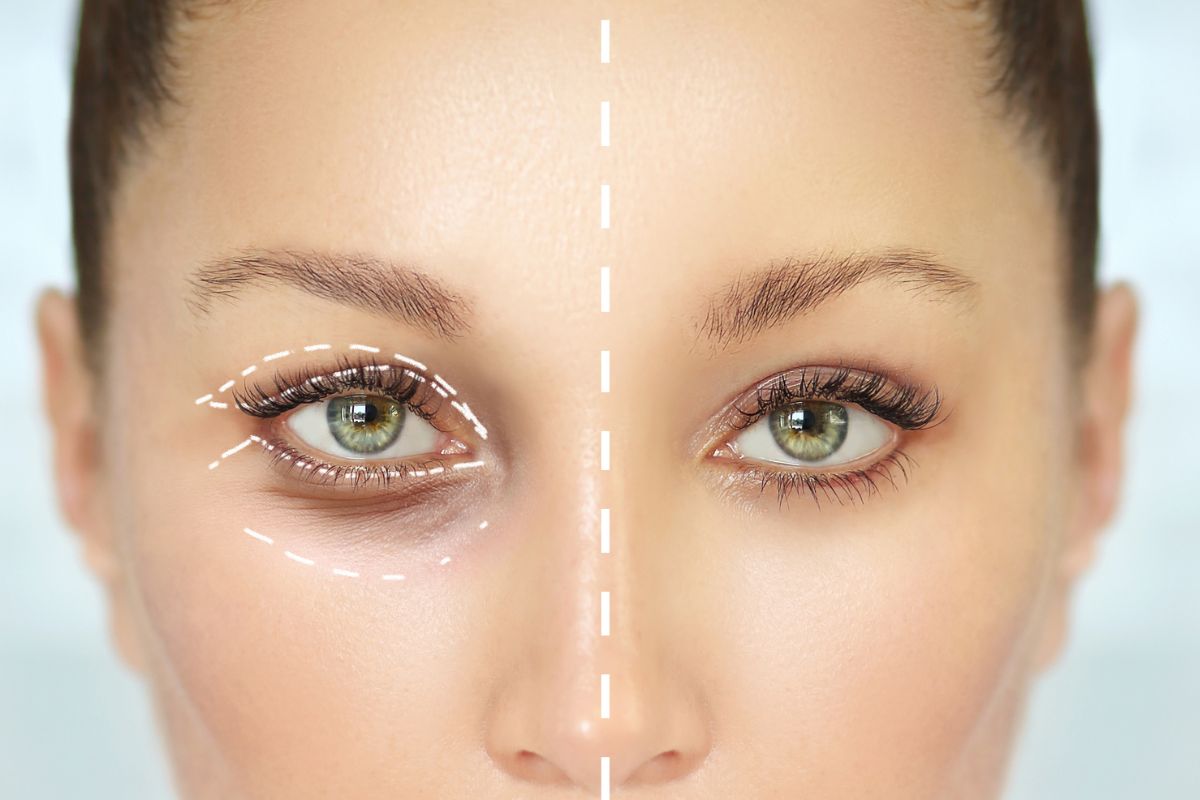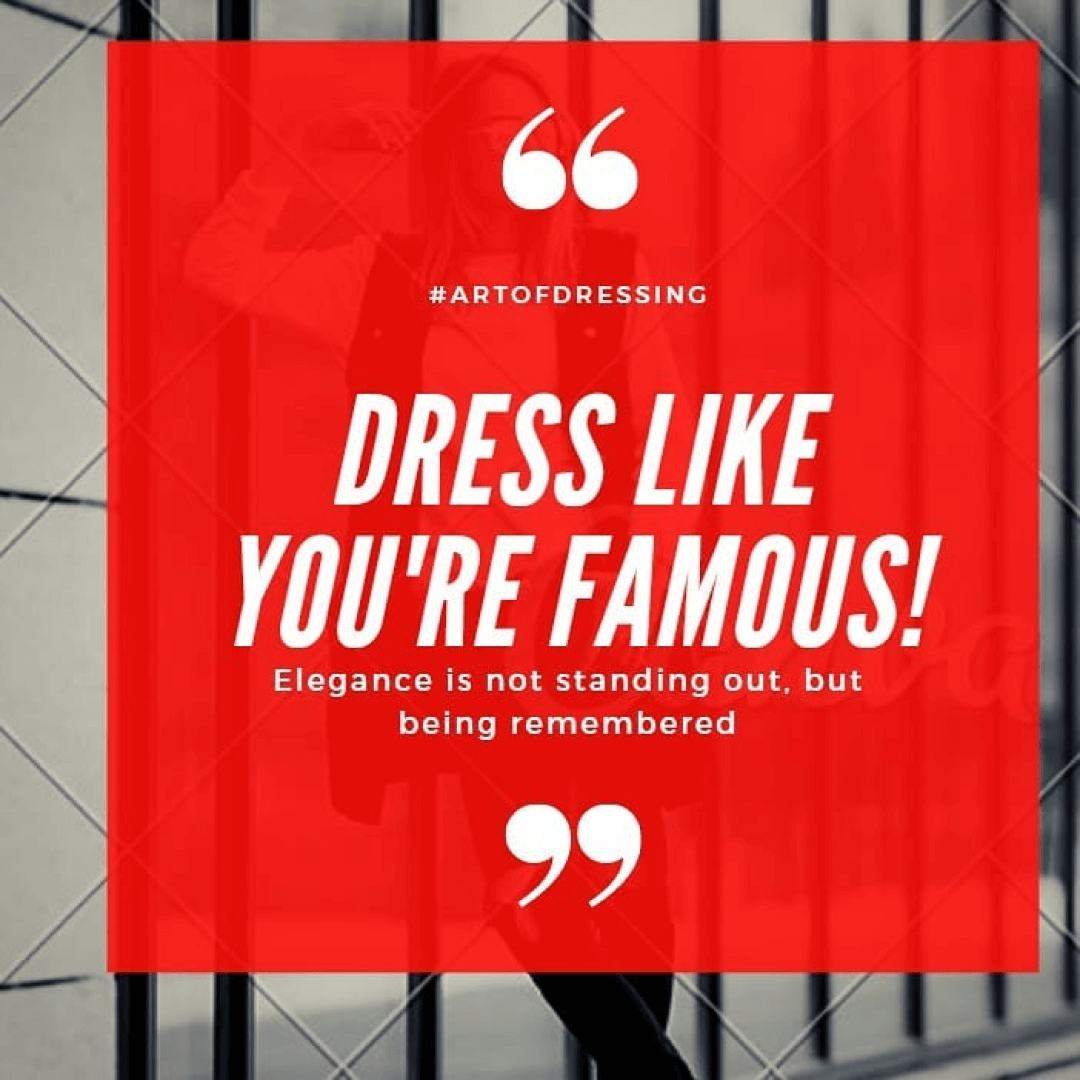Are your eyes your best feature, in your opinion?
Although wrinkles and eye bags are a natural part of aging, not everyone is prepared to embrace this shift. Fortunately, there are methods to renew your youth and enhance the look of the eye region.
You have a choice between two different forms of surgery for the lower eyelid.
Invasive techniques are involved in transcutaneous blepharoplasty. Transconjunctival blepharoplasty, on the other hand, is a quick cosmetic treatment.
Regardless of the procedure you choose, proper aftercare is essential to achieve the greatest outcomes. So, what can you anticipate following eyelid surgery? Continue reading to learn more.
Table of Contents
Transconjunctival Blepharoplasty: What Is It?
In the field of cosmetic surgery, blepharoplasty entails removing extra skin from the upper and lower eyelids. surgery on the eyelids help improve vision and the appearance of your eye area.
As you age, your muscles weaken and your eyelids stretch. The eyelids begin to accumulate extra skin and fat over time. It causes sagging eyebrows, bags under the eyes, or droopy upper eyelids.
There are two procedures you might try if your lower eyelid causes you any problems. The lower eyelids’ skin, muscle, and fat are changed through the transcutaneous method. Transconjunctival blepharoplasty, which takes place inside the eyelid, is a delicate, safe, precise, and tissue-saving surgery.
The transconjunctival approach provides superior benefits than conventional methods.
It ensures no outward scarring, causes minimal tissue damage, and keeps the form of the eyes. If you choose this procedure, you can anticipate a quick recovery after the surgery. journey.
What Takes Place After Surgery?

Surgery recovery and healing take time, just like with other surgeries. The following side effects are possible for patients following transconjunctival blepharoplasty: hazy vision
After transconjunctival blepharoplasty, blurry vision is common and does not signify a failed procedure. To keep it moisturised, your doctor will prescribe an antibiotic ointment, which could impair your vision.
The week following surgery, ointment treatments are frequently advised by doctors. Some advise wearing dark sunglasses while you heal to prevent irritation. You’re advised to take regular naps because your eyes are delicate and frail during this time.
The transient distortion of your cornea is another factor contributing to blurry vision. It is brought on by the swelling that follows surgery. Even if it’s uncomfortable, your doctor is there to advise and instruct you. to become well. Bruising and swelling
Have you seen any bruising or swelling near your eyes?

Following lower eyelid surgery, this is typical. However, depending on the treatment performed and the individual, the severity can vary.
The swelling that develops after lower eyelid surgery is a result of the body sending cells to the injured area to mend it. As a result of gravity drawing a small amount of blood during surgery, bruises form.
Swelling and bruising from transconjunctival blepharoplasty can continue for up to two weeks. As time goes on, the visible effects of the operations gradually fade. The eye area seems as though no surgery was performed after they recede.
The edema and bruising after quad blepharoplasty surgery can be really bad. Both the top and lower eyelids are affected by this kind of eyelid surgery. When While healing, you might notice discoloration from the neck down in the afflicted area.
Wearing bandages helps lessen swelling and bruising after surgery, even when it is not necessary. Ice compresses can also be used on the injured area. For the first 48 hours following the operation, repeat this every hour.
Little Pain
Did you know that some individuals choose to skip pain medications following lower eyelid surgery? Transconjunctival blepharoplasty is a less invasive treatment to improve the appearance of the eye region. Many patients become better in a matter of weeks.
The majority of patients can perform chores as they would the next day despite having undergone surgery. They are able to move around, assist themselves, and carry out simple tasks. To guarantee that nothing goes wrong during healing, vigilance is required.
Although blepharoplasty seems and sounds straightforward, it is a significant operation. After surgery, doctors frequently recommend painkillers, whether you are hospitalised or are sent home. Be careful not to abuse painkillers because doing so can lead to addiction. If the pain becomes uncontrollable, you may need to arrange for urgent care house calls to ensure everything is okay with you.
Asymmetry
If your face appears asymmetrical in the mirror, don’t freak out. Surgery on the eyelids frequently results in asymmetry. It frequently happens as a result of variations in ocular edoema.
Fortunately, this only lasts a short while. Once you have fully recovered from the lower eyelid surgery, your face returns to normal. If your face is naturally asymmetrical, don’t be discouraged.
The idea that the face is symmetrical stems from unattainable aesthetic ideals. The asymmetry of a person’s face is normal. Sometimes the imbalance in the eyelids exists before the procedure.
The method makes it because it is healing, it is more obvious.
There are few to no scars
Depending on the location and the procedure, transconjunctival blepharoplasty may or may not leave a scar on your lower eyelid. The eyelids heal quickly compared to other body parts, and the effects of surgery frequently go away. The delicate nature of the skin allows for healing and reduces the visibility of scarring. Lower eyelid treatments frequently leave only minor scarring, and the lashes frequently conceal the scars. The majority of scars are tiny, measuring only a few millimeters.
It is challenging to identify them from a single glance unless the other person consciously seeks out the scar. The markings on the upper eyelid are frequently covered up by skin wrinkles. However, they might be noticeable if You can’t control them.
For instance, rubbing the area around the eyes can make things worse. If the ointment is not applied, this area becomes dry and more vulnerable to infection. It may leave a mark when contacted.
Transconjunctival blepharoplasty Recovery
A person’s eyes catch your attention when you first look at them. They are essential to your social interactions. However, the body’s first organs to succumb to aging-related alterations are frequently the eyes.
Transconjunctival blepharoplasty is a procedure that, thanks to technology, can enhance the appearance of your eyes. You can erase a few years from your age with lower eyelid surgery. Check read our other blog posts if you want to learn more about cosmetic changes.
















